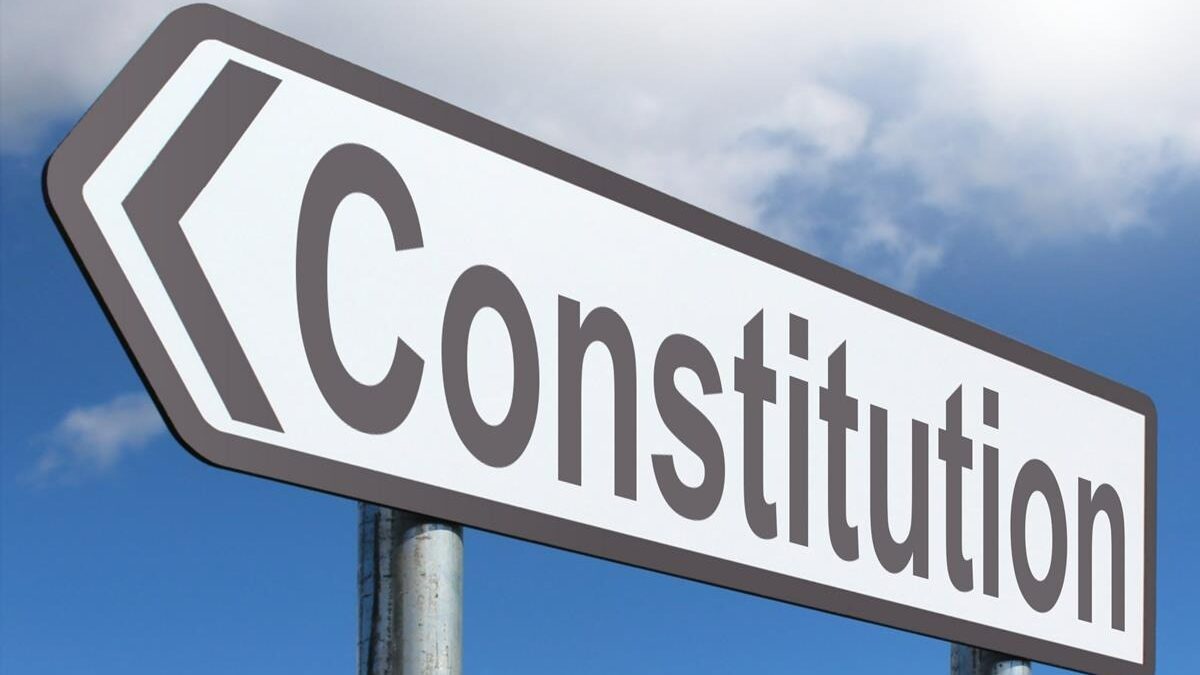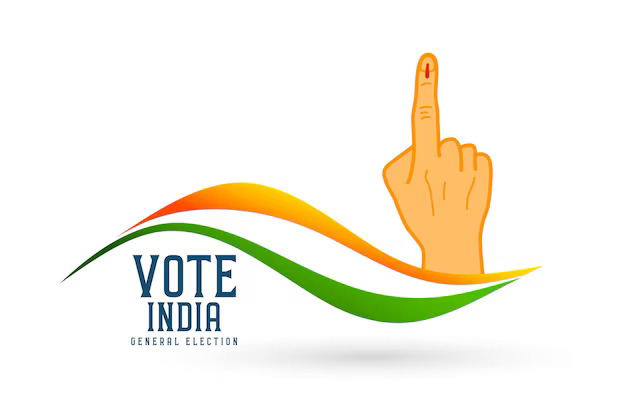
An eminent British historian Linda Colley published her new book The Gun, The Ship and The Pen. Through her book, she tried to explain the forces responsible for the emergence of the modern constitution in the world.
The first force Ms Colley points to is war ( gun ). Modern constitutions began emerging in Europe in the 18th century. This was the period when wars were expanding in frequency, scale and geographical scope. War sometimes led to the breakdown of political regimes. This created opportunities for innovators to reshape governance and authority. This effect was particularly pronounced when war caused the empire to collapse. This triggered the formation of new countries and the need to design political institutions from scratch. But even when war did not cause regime breakdown, it often generated deep societal divisions and intense debate about the political future. This led rulers to turn to the constitution as a way to re-establish unity and legitimacy.
Finally, as the frequency and scale of warfare grew, it became more expensive, forcing rulers to tax their population more heavily. Taxation is likely to demand for representation.
The second force Ms Colley identifies was the spread of new communication technology ( the pen ). During the early modern period in Europe, literacy expanded while the cost of publication decreased, leading to an explosion of newspapers, pamphlets and books. These made it much easier for reformers to exchange ideas with one another and with mass audiences.
Interestingly, early constitutions were not simply the result of demands from below. Rather, rulers like Catherine II of Russia, Fredrick of Prussia and Gustaf III of Sweden wrote the constitution in order to signal their ” modern ” status to their people.
The third force was globalisation ( ship ). Development in shipping technology led to the growing ease of travel. Since it is easier to borrow than invent, the ability of political elite and intellectuals in South America, Asia, Africa and West Asia to learn about the constitution in Europe, USA and elsewhere as well as to travel to these places contributed to constitution-making beginning in the mid 19th century.


